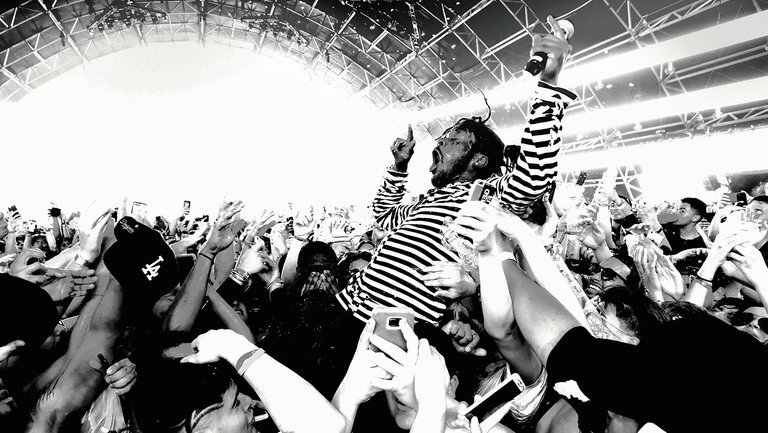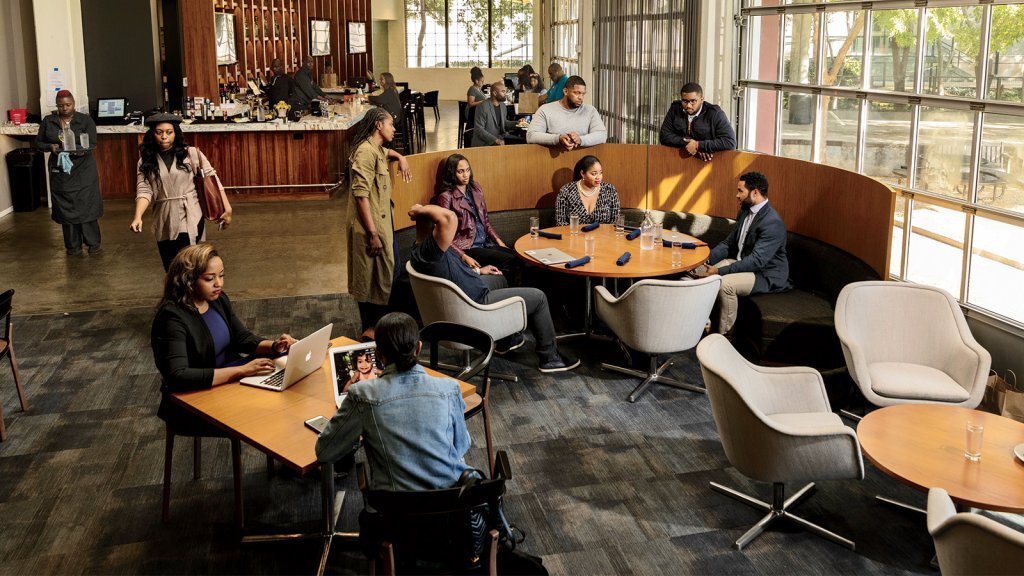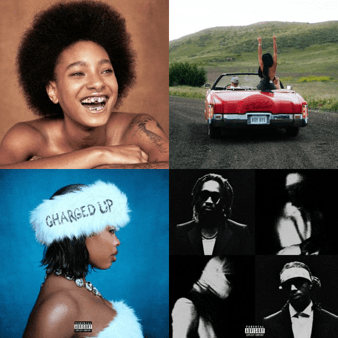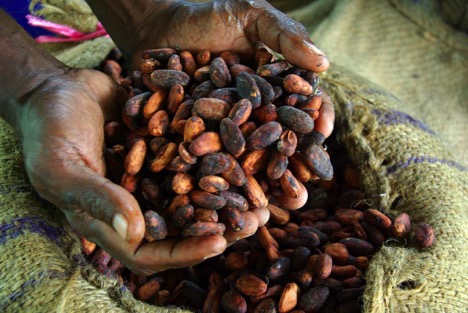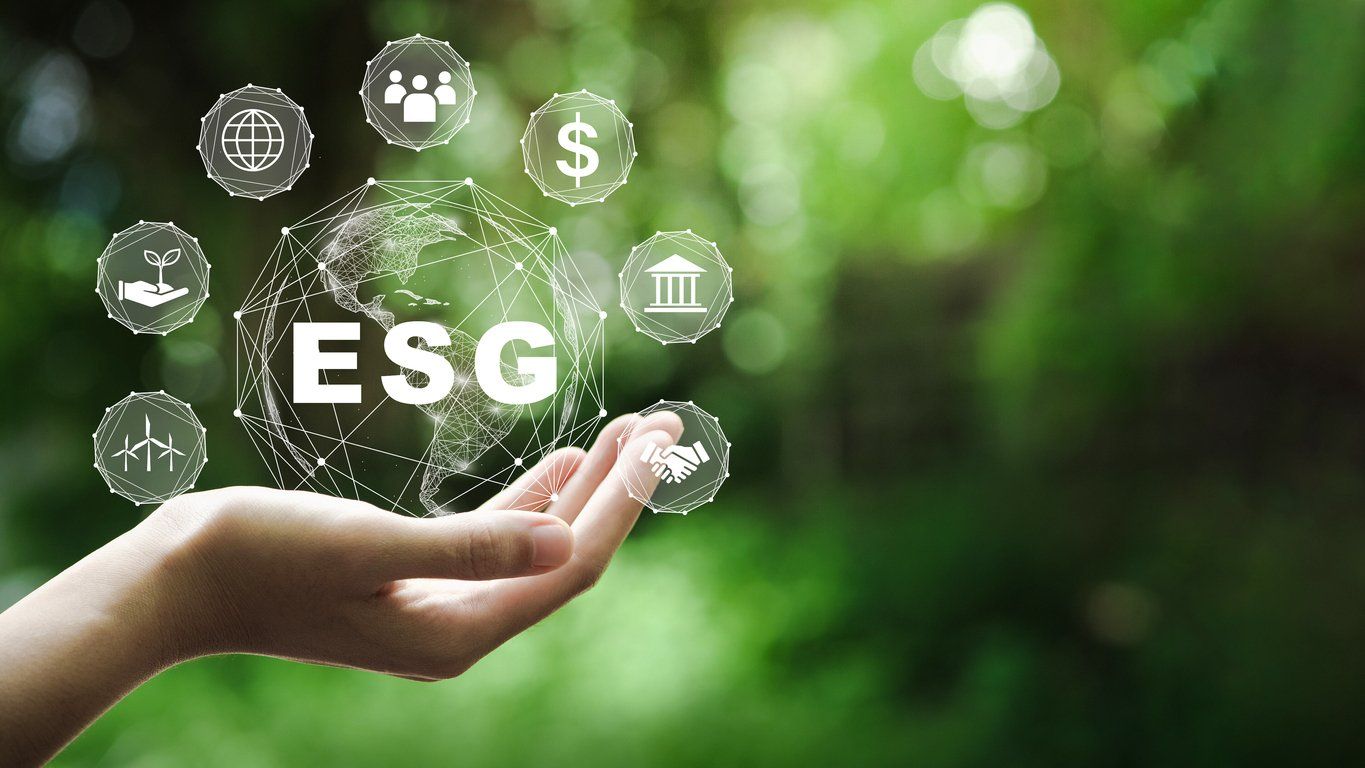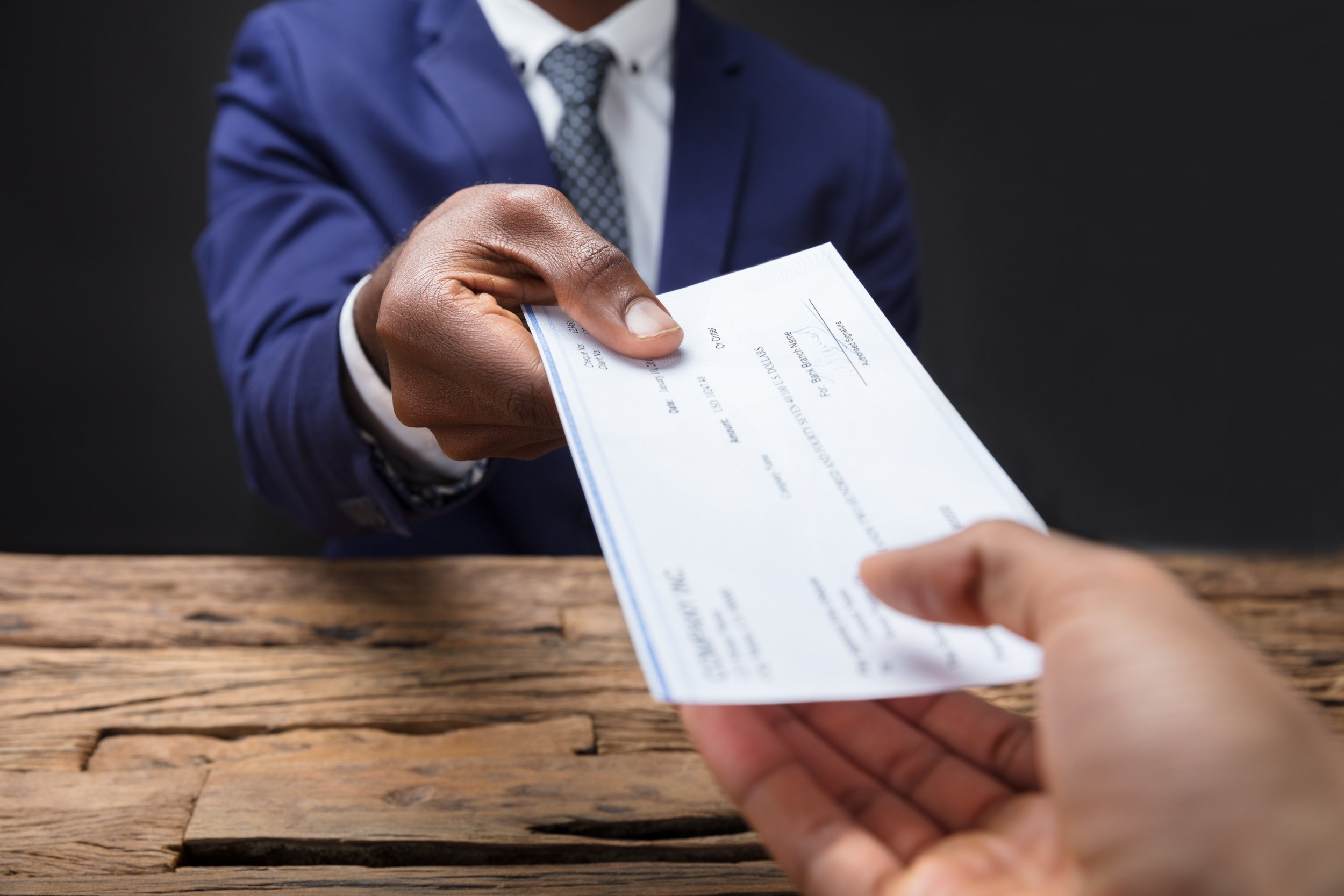By Sabrina Lynch
- Live Shows Grossed an Average of $1.29M in 2019
- Music Revenue will Double to $131B by 2030
Over the past 10 years, concert ticket prices have increased by 55% leaving fans in dismay, as they edge towards credit card debt, all for the love of music. The average concert ticket in 2019 was $96.17 compared to $78.30 in 2015, showing how consumers are truly paying the cost for the demise of a business model the music industry heavily relied on to sustain their pockets. The question is, why should they?
Why This Matters: Hip hop continues to be the #1 genre of music, so album sales have become less crucial compared to the exposure gained through streaming platforms that have upped the ante in giving hip hop artists audience reach in the millions . Add TikTok to the mix, which helped break artists such as Lil Nas X through its 500 million users, and you have a recipe that successively grows fan bases and increases demand for live performances in countries around the world. The live music industry is predicted to be worth $31 billion worldwide by 2022, which is on course to become a business truth if ticket prices continue to rise at the pace they are. Artists like Beyonce and Jay-Z charged nearly $2,000 for some VIP tickets during their “On the Run II” tour.
The average concert ticket in 2019 was $96.17 compared to $78.30 in 2015
Permission has been given for sellers to charge a hefty price tag for a concert experience, providing variable price points that depend on the popularity of the artist. However, these charges are exploiting music fans’ devotion to their favorite acts. Before the era of Spotify (SPOT +0.55%), Apple Music (AAPL -0.21%) and Tidal, artists made a substantial amount of money from album sales. Unfortunately, with the advent of piracy sites such as Limewire exponentially eroding music purchases, leaving artists and their management with no choice but to turn to touring and endorsement deals to fill the money gaps.
Situational Awareness: Fans’ love of music artists runs deep but their pockets do not. The winners in this revenue imbalance are the ticket sales companies such as Ticketmaster and super A-list artists. The fall guys are up-and-coming artists trying to make a name for themselves who cannot command such prices, thus frozen out of playing in top venues, and consumers who are doing their best to pay the difference between listening to a free stream and watching artists in IRL. Commercial gains proved to be the demise of the prior business model that relied on album sales, hopefully live events won’t suffer the same fate.
CBx Vibe: “Thank You” Jay-Z

